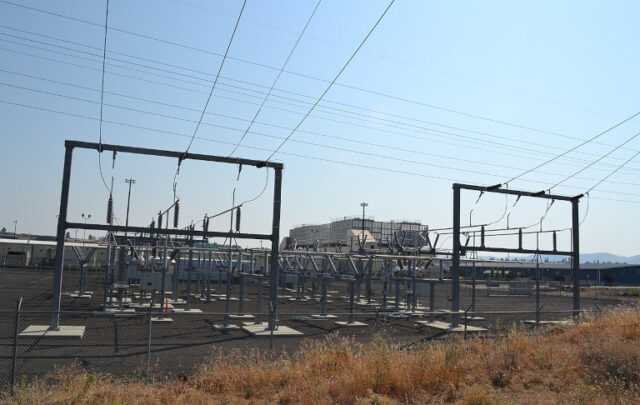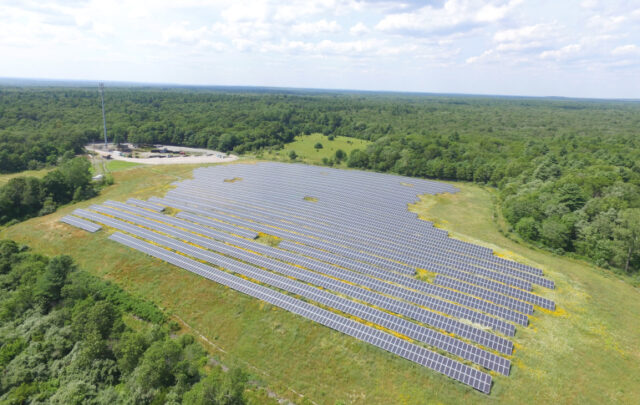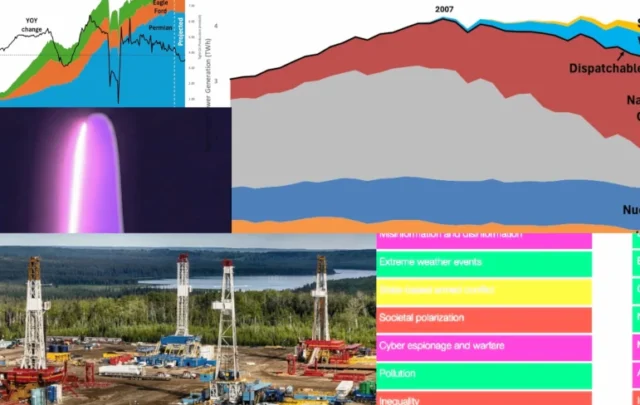NOTE: Images in this archived article have been removed.
 The oil and gas industry has shouted from the roof tops for quite some time about the “shale revolution” and its supposed long term economic benefits. They have crowed about severance taxes and sales tax revenue and promised as much as 600,000 good high paying jobs for American workers. They have engaged in a public relations campaign with advertisements on television seemingly every five minutes telling the American people about all the great jobs they are creating and frothing a patriotic fervor with talk of energy independence. And it has worked.
The oil and gas industry has shouted from the roof tops for quite some time about the “shale revolution” and its supposed long term economic benefits. They have crowed about severance taxes and sales tax revenue and promised as much as 600,000 good high paying jobs for American workers. They have engaged in a public relations campaign with advertisements on television seemingly every five minutes telling the American people about all the great jobs they are creating and frothing a patriotic fervor with talk of energy independence. And it has worked.
There is just one problem. It doesn’t happen to be true.
Independent analyses of shale plays throughout the U.S. confirms that wells are short lived and reserves not as great as industry promises. Production numbers don’t lie which makes them very inconvenient for industry to deal with once they are available. This is why operators begin to sell or joint venture assets once production can be verified. They, and their investment bankers, recognize that such disclosure can adversely affect share prices.
Further, broken promises are not the only difficulty with shale production. Communities where drilling has occurred are now dealing with various externalities. But the companies who have generated these costs are not paying for those costs. They have off loaded that significant burden onto the tax payers and local businesses. This is true of the oil and gas industry as a whole. In fact, economists estimate that if all oil and gas externalities were included gasoline would cost in excess of $12/gallon.
The Texas Railroad Commission’s Eagle Ford Shale Task Force issued a report in March 2013 in conjunction with the University of Texas, San Antonio which is a real eye opener. Texas Railroad Commissioner David Porter crows:
“The Eagle Ford Shale has the potential to be the single most significant economic development in our state’s history.”
Now setting aside the question of whether it is appropriate for the state regulatory agency charged with oversight of oil and gas to come out as industry’s chief cheerleader, Commissioner Porter appears to have overlooked a few other details that might have a significant impact on the overall economic return to the great state of Texas.
DeWitt County is one of the core counties of the Eagle Ford which means that it has a disproportionate number of good wells. Shales are not homogenous though industry once promised us they were. Each play has contracted down to sweet spots just like a conventional play. Drilling down into the road damage costs for DeWitt county, it is admitted in the report:
“The cost of providing a county road system designed to meet the anticipated traffic demand arising from drilling another 3,250 wells in DeWitt County at 65-acre spacing is approximately $432 million.”
But the Texas Comptroller confirmed that :
“…$323 million was collected on production [in the form of severance taxes] from 24 Eagle Ford Shale counties in FY 2011.”
Please note that those severance taxes were for all the Eagle Ford counties, not just Dewitt. And still there is a significant shortfall that equates to $109 million…just for Dewitt County. But what about the road damages in those other Eagle Ford counties? No information is given.
The report continues with the admission:
“Road and bridge maintenance budgets doubled or tripled in many counties and forced elected officials to exceed tax rollback ceilings in order to meet expanded maintenance needs.”
Coming to the rescue, the authors suggest:
“severance taxes could be viewed as a self-regulating funding source that is almost immediately available to meet road financing needs in oil and gas producing areas of the state”.
Well, yes…except the severance taxes don’t cover the cost! Not even close!
Interestingly, and humorously to my mind, the report went on to state:
“The question has been raised whether the county property tax…can or should continue to shoulder such a large share of the burden for financing local road needs”.
Good question, boys! But I think you might need to use more than 10 fingers to figure this out!
Then the report stated:
“Some roads require annual maintenance at $70,000-80,000 per mile. However, other roads need basic reconstruction at a cost of up to $920,000 per mile, and roads that already handle the traffic meant for an FM system can cost up to $1.9 million per mile to rebuild when the costs of additional right-of-way, engineering, fence building, and utility moving are considered.”
A further admission:
“…infrastructure costs far outpace a county’s ability to raise revenue from a local property tax, even with the increasing tax base created by the new mineral wealth.” [emphasis mine]
The conclusion:
“Although we cannot know when things will occur, it is apparent to county government officials that the financial needs of providing a public road system capable of supporting the industry and the local needs are far greater than what DeWitt County’s $15 million total annual revenue can provide.”
That’s a problem. A very expensive problem. Not only can DeWitt county’s paltry $15 million not provide it but all the severance tax revenue for the Eagle Ford cannot provide it. But it is only a problem for the tax payers. Not for the companies that generated the costs. In other words, these companies have effectively managed to privatize profits while socializing their costs.
Returning to Commissioner Porter’s opening statement:
“The Eagle Ford Shale has the potential to be the single most significant economic development in our state’s history.”
He may be right! It may prove to be the very economic development which bankrupts 24 counties of the Eagle Ford!
This is what comes of cozy relationships between regulatory agencies and the industries they oversee.
 The oil and gas industry has shouted from the roof tops for quite some time about the “shale revolution” and its supposed long term economic benefits. They have crowed about severance taxes and sales tax revenue and promised as much as 600,000 good high paying jobs for American workers. They have engaged in a public relations campaign with advertisements on television seemingly every five minutes telling the American people about all the great jobs they are creating and frothing a patriotic fervor with talk of energy independence. And it has worked.
The oil and gas industry has shouted from the roof tops for quite some time about the “shale revolution” and its supposed long term economic benefits. They have crowed about severance taxes and sales tax revenue and promised as much as 600,000 good high paying jobs for American workers. They have engaged in a public relations campaign with advertisements on television seemingly every five minutes telling the American people about all the great jobs they are creating and frothing a patriotic fervor with talk of energy independence. And it has worked.






















